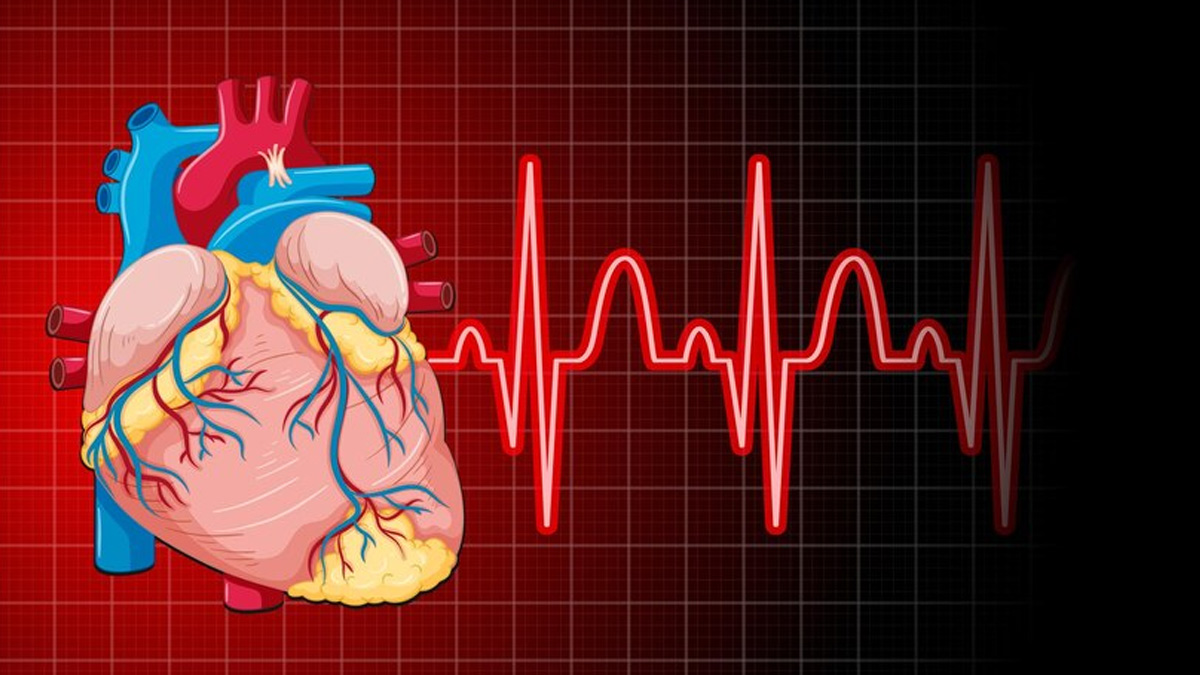
Did you know a decrease in the volume of blood plasma in the body can result in health conditions, such as hypovolemia? It can be caused by various factors, such as dehydration, blood loss, severe burns, or certain medications. Hypovolemia is a life-threatening condition if not recognised and treated accordingly. Its impact can be reduced by understanding the cause, signs, appropriate measures to be taken, diagnosis, and treatment. We spoke to our expert Dr Rupashree SP, MBBS, MD (Internal Medicine), Apollo Spectra Hospital, Bengaluru, who shared insights on this health condition.
Table of Content:-
What Is Hypovolemia?

“Hypovolemia is a condition where there is a loss of salt and water in the body. It is also known as volume depletion. Once there is a loss of fluids or blood in the body, it impacts the delivery of oxygen and other nutrients, leading to organ dysfunction,” said Dr Rupashree. This condition has to be addressed very quickly to avoid the severity of the situation on health.
“There are two types of hypovolemia: absolute and relative. Absolute hypovolemia involves actual loss of blood or fluid whereas in relative hypovolemia, fluids in the body are shifted to a particular compartment,” added Dr Rupashree.
According to the Encyclopedia of Molecular Mechanisms of Disease, severe hypovolemia can progress to hypovolemic shock, potentially leading to multiple organ failure and death. Clinical symptoms may not become apparent until 10–20% of the total blood volume is lost.
Also Read: Dehydration's Impact On Blood Pressure: Expert Explains The Mechanisms And Implications
Causes of Hypovolemia
Here are some of the causes of hypovolemia listed by the expert as follows:

- Hypovolemia mainly results from major haemorrhage due to accidents, operations, peptic ulcers, or other vascular diseases that cause haemorrhagic states.
- Other factors causing hypovolemia include dehydration through vomiting, diarrhoea, sweating or inadequate fluid intake in the body.
- Hypovolemia is worsened by fluid loss resulting from the skin damage that occurs in burns.
- Overuse of diuretics, medications that promote fluid excretion, is another contributing factor.
- Also, third-spacing which is the movement of fluids from the vascular compartment to the interstitial compartment as in conditions like sepsis, pancreatitis, and severe infections causes hypovolemia.
Symptoms Of Hypovolemia

Early recognition of hypovolemia is critical. Common signs and symptoms include:
- Palpitation: The heart rate increases to compensate for the loss of blood
- Hypotension: Reduced blood volume leads to lower blood pressure
- Dizziness or fainting: Low blood circulation in the brain can cause dizziness or fainting
- Thirst and dry mucous membranes: Dehydration often leads to an intense feeling of thirst and dryness in the mouth and other mucous membranes
- Reduced urine output: The body produces less urine as a response to decreased blood volume
- Blue and pale skin: Constriction of blood vessels in the skin can result in a bluish or pale appearance
Also Read: From Dehydration To Blood Loss: Expert Lists Factors That Lead To Acute Kidney Injury
How To Diagnose Hypovolemia?
“Diagnosing hypovolemia starts with a thorough clinical examination and various laboratory investigations. Initially, doctors go through the patient's history and conduct physical tests to scrutinise the symptoms.
This includes carefully supervising the vital signs, such as pulse rate, blood pressure, and respiratory rate. Laboratory tests are done to check for any electrolyte imbalances, haemoglobin levels, and kidney function,” said Dr Rupashree.
To get comprehensible data, doctors use medical imaging like ultrasound or CT scans to diagnose the injuries and detect internal bleeding or fluid loss. Every step is crucial in apprehending the degree of hypovolemia and planning the accurate treatment.
Treatment For Hypovolemia

The overall aim of hypovolemia management is to replenish and sustain adequate blood volume. In case of severe blood loss, the patient may require blood transfusions.
“The patient is given an adequate amount of fluids through the vein like isotonic saline or lactated ringer’s solution to replace the lost fluids. Patients experiencing severe effects may require vasopressors to control their blood pressure. Hypovolemia can be managed by reducing or controlling the bleeding and treating dehydration,” highlighted Dr Rupashree.
Preventive Measures For Hypovolemia
Preventing hypovolemia involves strategies to minimise risk factors and ensure adequate fluid intake. Follow these expert-recommended tips:
.jpg)
- Maintaining proper hydration, especially during illness, hot weather, or intense physical activity
- Keeping track of fluid loss in conditions like diarrhoea, vomiting, or excessive sweating
- Using diuretics and other medications as prescribed, with careful monitoring
- Promptly addressing conditions that can lead to hypovolemia, such as infections or gastrointestinal disorders
“Following easy methods like staying well-hydrated and seeking early medical help when symptoms arise can make a big difference, especially for those at higher risk. By being proactive and informed, we can protect ourselves and improve outcomes for anyone affected by hypovolemia,” concluded Dr Rupashree.
[Disclaimer: This article contains information provided by an expert and is for informational purposes only. Hence, we advise you to consult your own professional if you are dealing with any health issues to avoid complications.]
Also watch this video
How we keep this article up to date:
We work with experts and keep a close eye on the latest in health and wellness. Whenever there is a new research or helpful information, we update our articles with accurate and useful advice.
Current Version